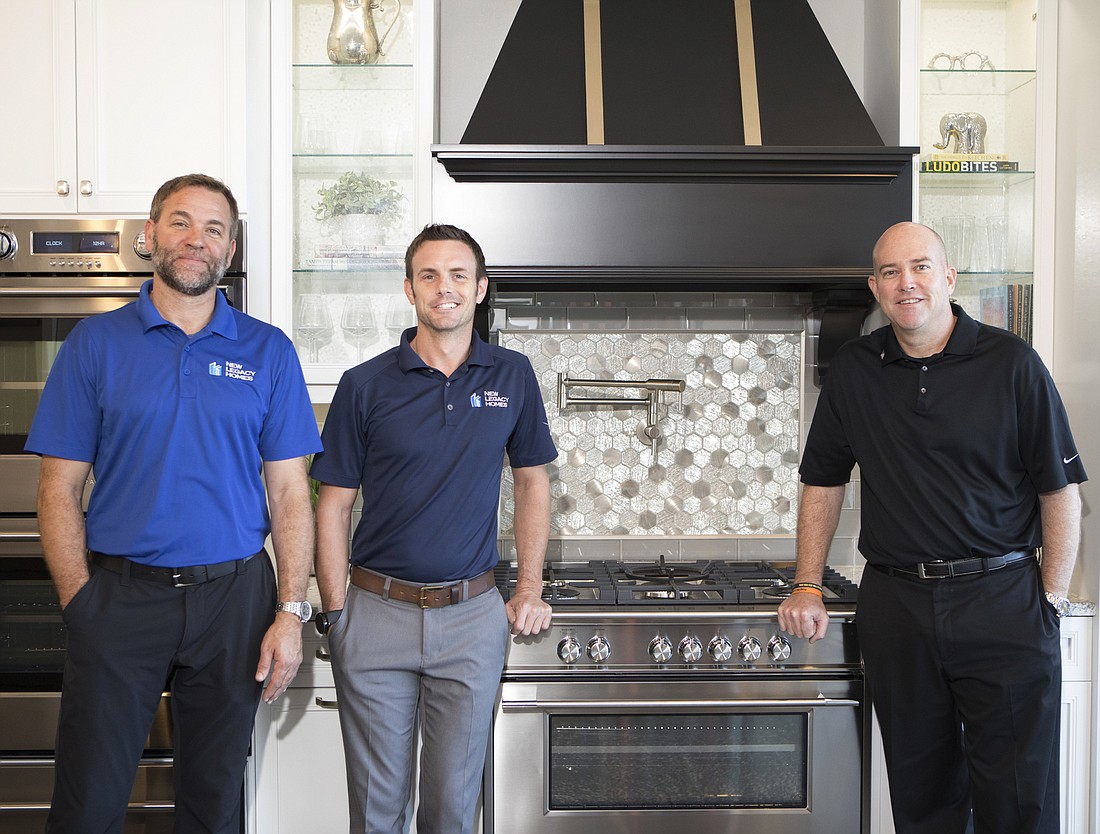- December 15, 2025
-
-
Loading

Loading

Florida’s booming population means happy days are here again for homebuilders. But a shortage of skilled trade labor combined with the hegemony of big national builders with deep pockets means the industry isn’t the easiest to break into, despite high demand.
Unless, that is, you find a niche, a gap in the market that’s been overlooked — and attack it with abandon.